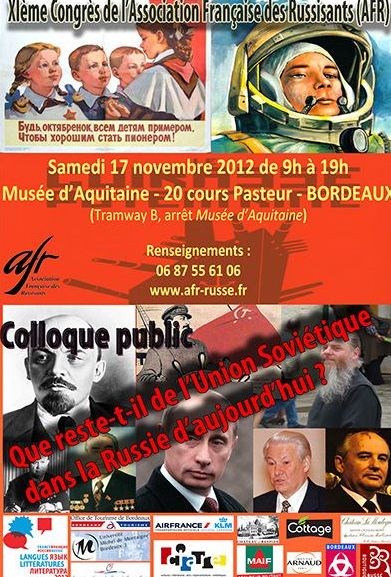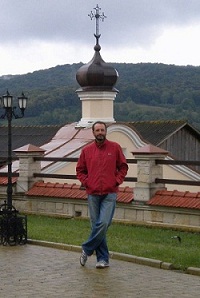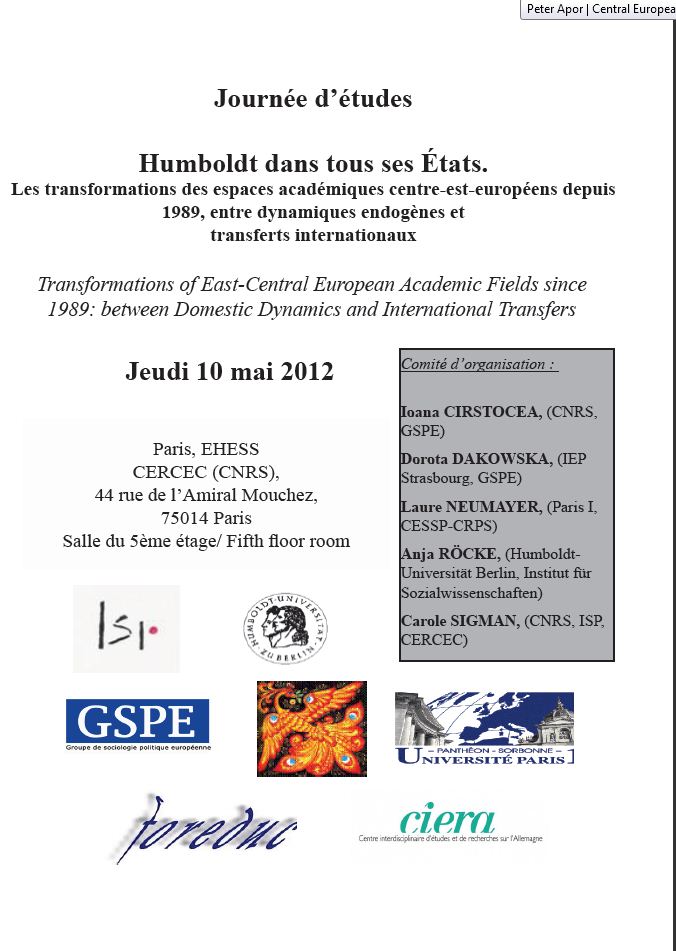Deadline november 17TH 2017
Urban history research has recently experienced increasing interest in “imperial” questions. One expression
that is used over and over again is the “imperial city”. While this term has so far primarily been applied to
the European metropolises of the western colonial empires, this conference aims to analyze the phenome
non of the imperial city in the context of the continental empires of Eastern Europe, such as the Habsburg
Monarchy, the Ottoman Empire and the Russian Empire. Since these empires do not draw a clear distinction
between “colony” and “motherland”, we suggest therefore that “imperial cities” can be understood as parti
cular cities where empire manifests itself, which are also marked by the imperial form of the state. Regar
ding the empires of Eastern Europe, this includes not only the metropolises of Vienna, Budapest, Istanbul or
St. Petersburg, but also such multiethnic provincial cities as L’viv, Kazan or Sarajevo, border cities like Brody,
Tiraspol or Belgrade, port cities such as İzmir, Trieste or Odessa, and many more.
Therefore, this conference will seek to determine how
fruitful it is to call cities imperial in the context of the
continental empires of Eastern Europe. What is specif
ic about “imperial cities” in Eastern Europe? How can
questions of imperial history expand our understand
ing of these cities? And fi nally, how instructive is it to
explore these empires in the light of urban history?
Since we assume that imperial structures also shape
cities in the long term, this conference approaches the
phenomenon of imperial cities from the eighteenth to
the twenty-fi rst centuries based on the following three,
interwoven aspects:
❫ Cityscape: Imperial cities claim to represent the
empire vis-à-vis both their own inhabitants and
International Conference
German Historical Institute, Moscow, April 26-27, 2018
VOH – Verband der Osteuropahistorikerinnen und -historiker e.V. / Association of Historians on East Central Europe
DGO – Deutsche Gesellschaft für Osteuropakunde e.V. / German Association for East European Studies
DHI Moskau – Deutsches Historisches Institut Moskau / German Historical Institute, Moscow
Herder-Institut für historische Ostmitteleuropaforschung – Institut der Leibniz-Gemeinschaft / Herder Institute for
Historical Research on East Central Europe – Institute of the Leibniz Association
Universität Wien, Institut für Osteuropäische Geschichte / University of Vienna, Institute for Eastern European History
foreign powers, and to provide space for dif erent
population groups. To what extent does the given
city meet this claim? How do areas of ethnic, reli
gious and social entanglement relate to areas of
segregation in the city?
❫ Imperial modernization: Capital and industry accu
mulate in imperial cities, which thus stage them
selves as sites of social and technological progress.
Aiming to embody the civilizing power of the
empire, they initiate civilizing campaigns on its pe
ripheries, but at the same time they are themselves
objects of modernizing interventions. How do such
endeavors manifest themselves in cities, and how
successful are they?













